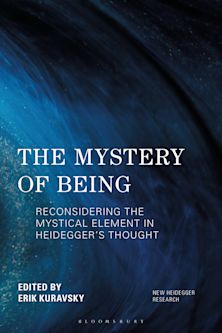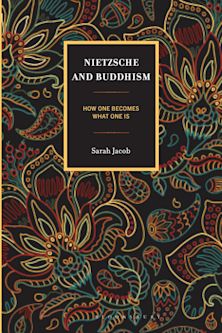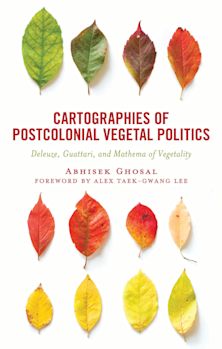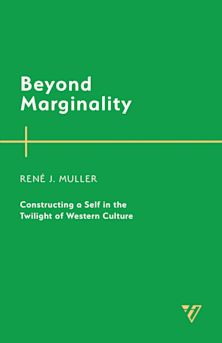- Home
- ACADEMIC
- Philosophy
- Philosophy - Other
- Dissent and Philosophy in the Middle Ages
Dissent and Philosophy in the Middle Ages
Dante and His Precursors
Dissent and Philosophy in the Middle Ages
Dante and His Precursors
This product is usually dispatched within 3 days
- Delivery and returns info
-
Free US delivery on orders $35 or over
You must sign in to add this item to your wishlist. Please sign in or create an account
Description
Dissent and Philosophy in the Middle Ages offers scholars of Dante's Divine Comedy an integral understanding of the political, philosophical, and religious context of the medieval masterwork. First penned in French by Ernest L. Fortin, one of America's foremost thinkers in the fields of philosophy and theology, Dissidence et philosophie au moyen-âge brings to light the complexity of Dante's thought and art, and its relation to the central themes of Western civilization. Available in English for the first time through this superb translation by Marc A. LePain, Dissent and Philosophy will make a supremely important contribution to the discussion of Dante as poet, theologian, and philosopher.
Table of Contents
Chapter 2 Islam and the Rediscovery of Political Philosophy
Chapter 3 Political Philosophy in the Christian World
Chapter 4 Dante and Philosophical Allegory
Chapter 5 The Imperialism of the Comedy
Chapter 6 Dante and Christianity
Chapter 7 The Theory of the Double Truth
Chapter 8 The Decline of Political Philosophy
Chapter 9 Appendix: Dante's Comedy as Utopia
Product details
| Published | Jul 26 2002 |
|---|---|
| Format | Paperback |
| Edition | 1st |
| Extent | 192 |
| ISBN | 9780739103272 |
| Imprint | Lexington Books |
| Dimensions | 9 x 6 inches |
| Series | Applications of Political Theory |
| Publisher | Bloomsbury Publishing |
About the contributors
Reviews
-
This is intellectual history at its best. It ranges over Islamic and Jewish thought, as well as the Greco-Latin tradition, and places Dante in an illuminating way. Essential for Dante studies.
National Review
-
Ernest L. Fortin's subtle study of Dante's dissent will help clear away the Anglo-American fashion of reading Dante as versified Augustine or Aquinas. Dante's reticences and implied stances emerge vividly in Fortin's precise pages.
Harold Bloom, Yale University
-
This English translation...comes as an urgent reminder of how important Dante is as a political thinker.
Diskin Clay, Duke University
-
Fortin presents a Dante who believes in philosophy's autonomy from and even superiority to theology (and who conceals this knowledge). This startling, fresh, and controversial thesis opens up the way for a view of poetry that straddles the boundaries between concealment and clarity, fiction and truth.
Giuseppe Mazzotta, Yale University
-
The first words of Fortin's book are these: "This modest work does not pretend to be exhaustive." When you read it you will see that there are other ways to be ambitious than by being exhaustive, namely: essential, magesterial, and path-breaking.
Claremont Review of Books
-
Ernest Fortin is the better sort of scholar: when he is unconventional and provocative (as he is when he treats Dante), he displays enviable learning, patent argumentation open for inspection, and an ingratiating pen. Marc LePain's translation of Fortin's elegant French is trustworthy and the additions he makes to Fortin's original French volume add significantly to Fortin's argument, and to our appreciation of his achievement in reopening for us the question of Dante.
Paul Seaton

ONLINE RESOURCES
Bloomsbury Collections
This book is available on Bloomsbury Collections where your library has access.


































